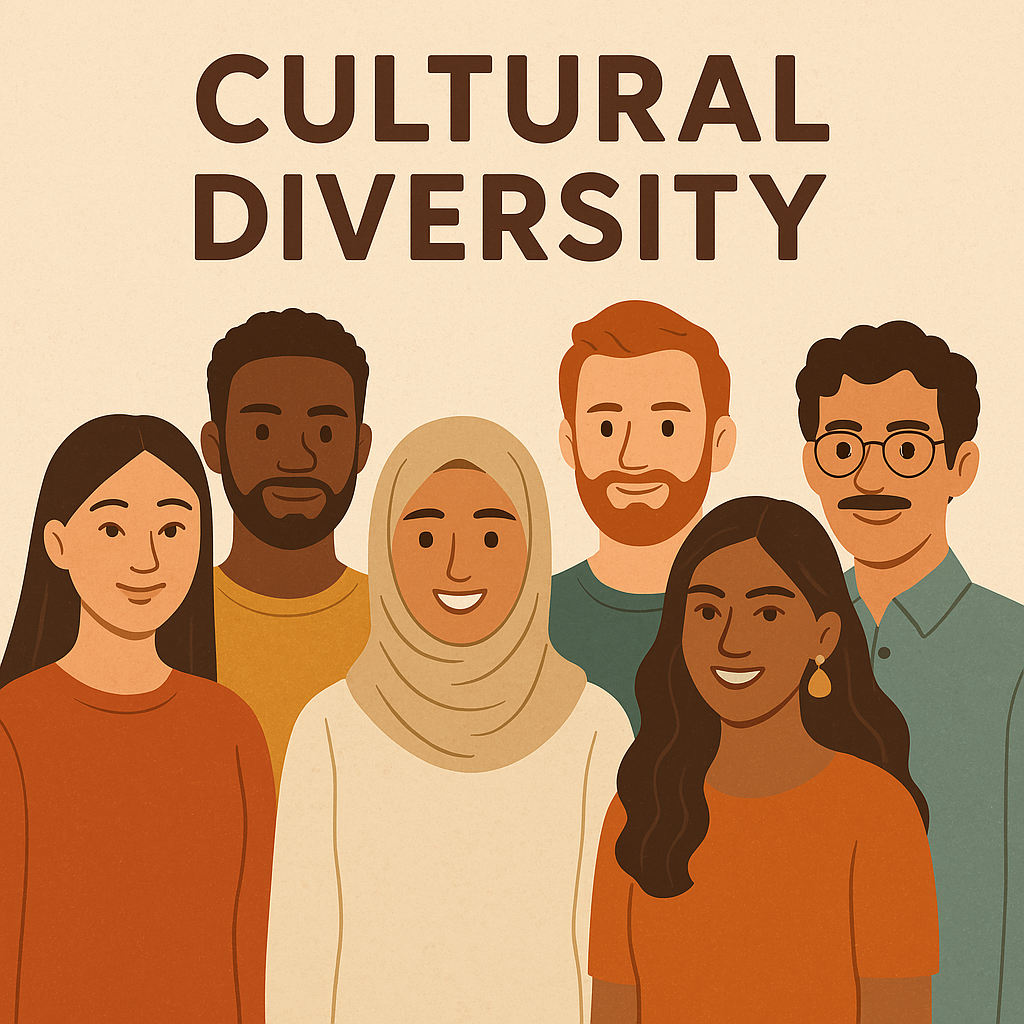In today’s interconnected world, cultural diversity is more prevalent than ever. As societies become increasingly multicultural, understanding and appreciating different cultures has become essential. Embracing cultural diversity not only fosters mutual respect and social harmony but also offers numerous personal and societal benefits. This article explores how understanding different people enriches our lives.
Interacting with individuals from diverse backgrounds exposes us to a variety of viewpoints and experiences. This exposure challenges our preconceived notions and broadens our horizons. By learning about different traditions, values, and customs, we develop a more comprehensive understanding of the world. This understanding fosters empathy, as we become more attuned to the experiences and challenges faced by others. Enhanced empathy leads to more compassionate interactions and reduces prejudices and stereotypes.
Diverse cultural perspectives can inspire creativity and drive innovation. When people from different backgrounds collaborate, they bring unique ideas and problem-solving approaches to the table. This amalgamation of perspectives can lead to innovative solutions that might not emerge in a homogenous group. For instance, companies that embrace cultural diversity often find that it contributes to their overall success and competitiveness.
Understanding different cultures enhances our communication skills. It teaches us to navigate language barriers, interpret non-verbal cues, and appreciate different communication styles. This cultural sensitivity is particularly valuable in both personal relationships and professional settings, where effective communication is key to success. By being mindful of cultural nuances, we can avoid misunderstandings and build stronger, more respectful relationships.
Cultural diversity promotes social cohesion by encouraging inclusivity and mutual respect. When societies value and celebrate diverse cultures, they create environments where all individuals feel valued and included. This inclusivity strengthens community bonds and fosters a sense of belonging among all members. Moreover, it helps in overcoming racial and ethnic divisions, leading to more harmonious and integrated communities.
Engaging with diverse cultures contributes to personal growth by challenging us to step out of our comfort zones. It encourages adaptability and flexibility as we learn to navigate different cultural contexts. This adaptability is a valuable life skill, enabling us to thrive in various social and professional environments. Additionally, it cultivates open-mindedness, allowing us to appreciate and learn from the richness of different cultures.
In the globalized economy, cultural competence is a significant asset. Professionals who understand and appreciate cultural diversity are better equipped to work in international settings and serve diverse client bases. Companies that prioritize diversity and inclusion often experience enhanced performance and innovation. Furthermore, cultural diversity can open up new markets and business opportunities, as understanding local customs and preferences is crucial for success in international ventures.
A deep understanding of cultural diversity can contribute to global peace and stability. By appreciating and respecting cultural differences, we can reduce misunderstandings that often lead to conflict. Education and awareness about different cultures foster mutual respect and tolerance, which are essential components of peaceful coexistence. Societies that embrace cultural diversity are better positioned to navigate and resolve conflicts amicably.
Embracing cultural diversity enriches our lives in multifaceted ways. It broadens our perspectives, enhances empathy, fosters creativity, improves communication, and promotes social cohesion. Additionally, it contributes to personal growth, economic opportunities, and global peace. As we navigate an increasingly interconnected world, understanding and appreciating different cultures is not just beneficial but essential. By doing so, we create more inclusive, innovative, and harmonious societies where everyone has the opportunity to thrive.
